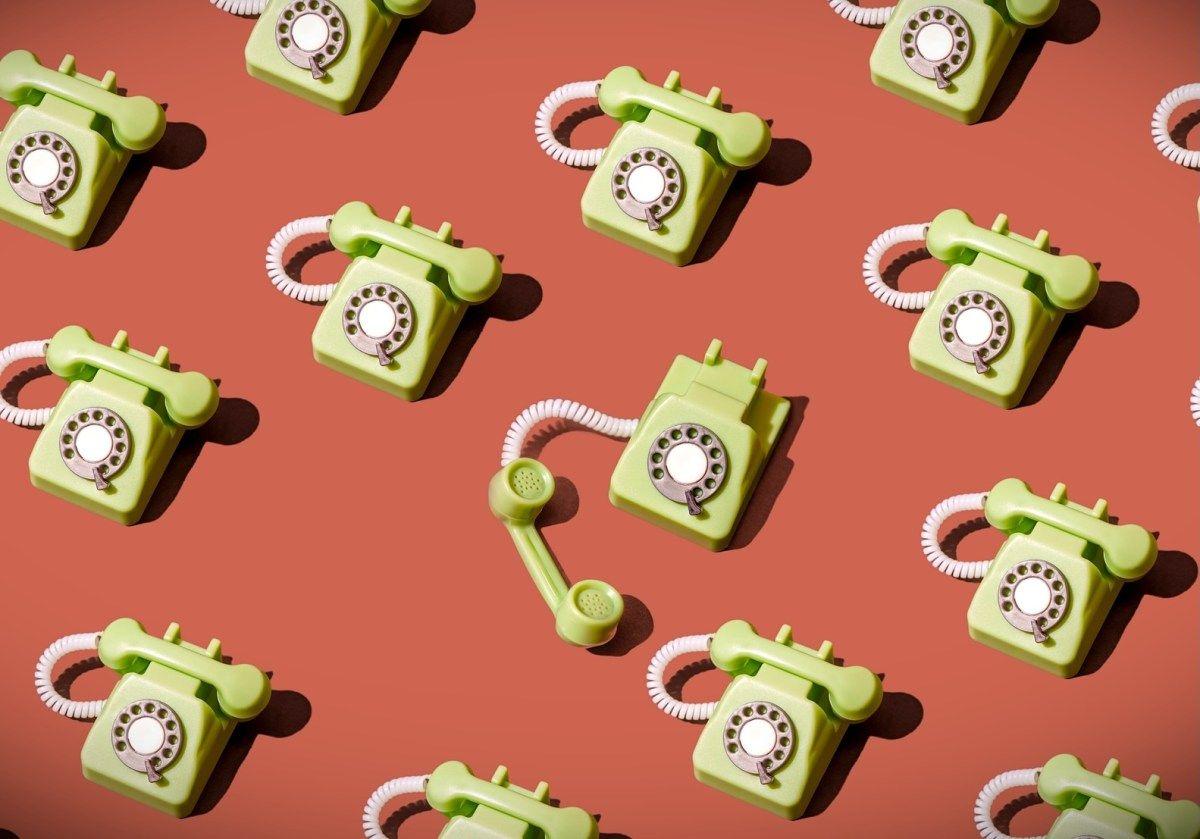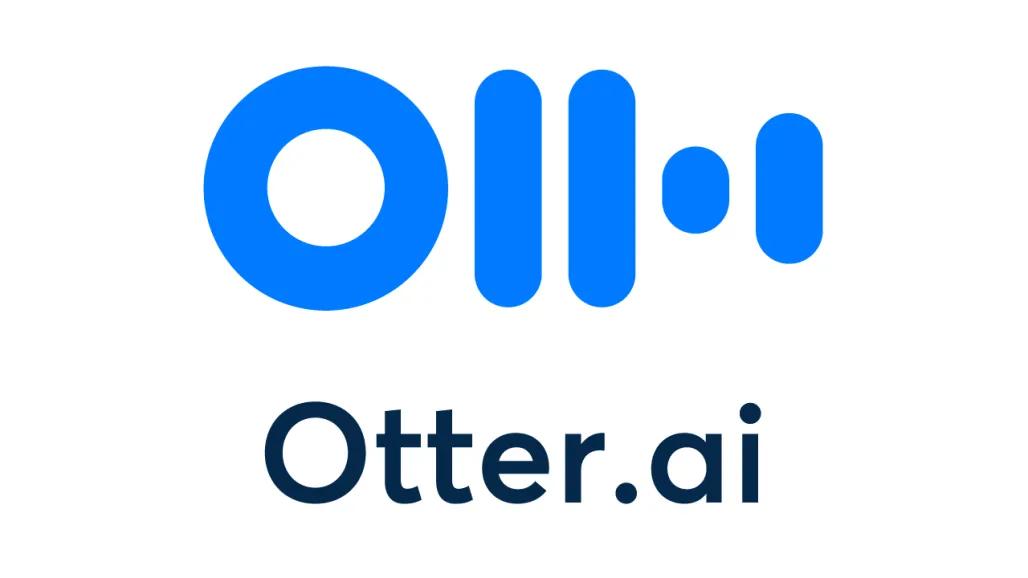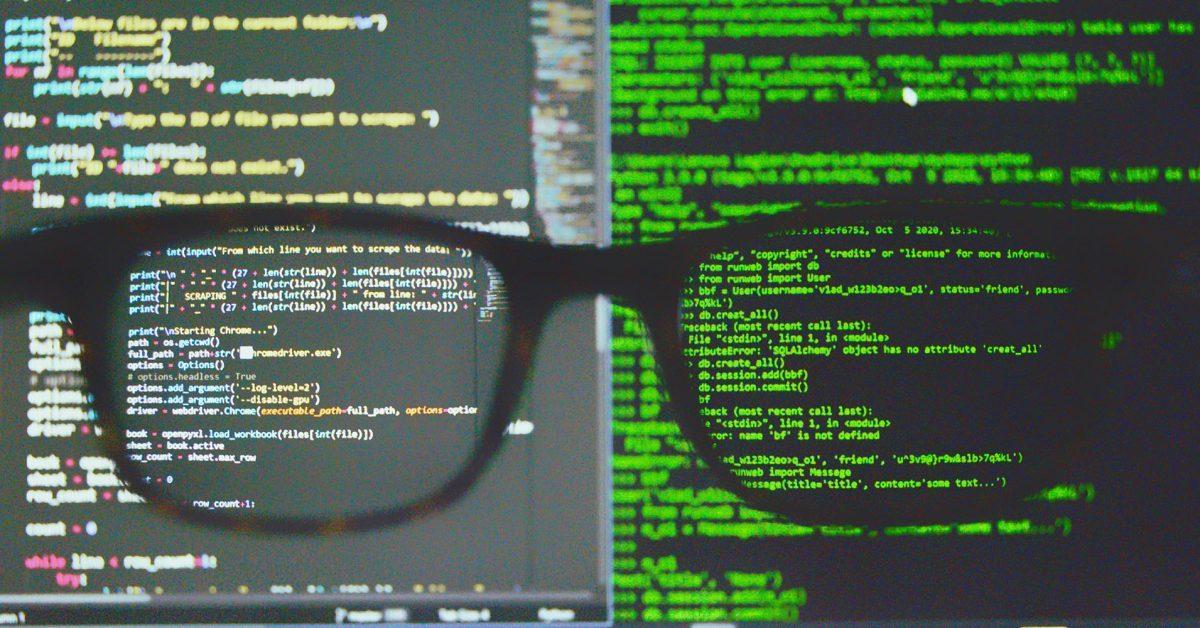Neon App Promises Return After Privacy Breach, Raising Concerns About AI Training Data
2 Sources
2 Sources
[1]
Viral app Neon vows to return to sell more of your phone calls to AI companies
Neon, a service that pays you for recordings of your phone calls and then sells those to AI companies for training data, seems set to return in the wake of a privacy breach. The app swiftly went viral after its debut, but it has been on ice since last week after a security flaw emerged. According to CNET, Neon founder Alex Kiam apologized for the incident in an email to users and said the app would return "soon." It went offline after TechCrunch found users were able to access other people's call recordings, along with transcripts and metadata. Neon pledged to add extra layers of security during the outage before making a comeback. While the app has been offline, users have been unable to cash out their payments. Neon pays them up to $30 per day for call recordings -- 30 cents per minute for chats with other Neon users, and 15 cents per minute for calls with anyone else. It offers $30 for referring a newcomer to the app as well. In the email to users on Tuesday, Liam wrote that, "Your earnings have not disappeared -- when we're back online, we'll pay you everything you've earned, plus a little bonus to thank you for your patience!"
[2]
Neon app to sell your audio calls says it will return despite breach
Neon, the app that pays you to share your audio recordings with an AI system, says that it will return despite its recent massive security breach. The app shot up the App Store ratings after promising to pay users hundreds or even thousands of dollars per year for allowing their audio conversations to be used to train AI chatbots ... Neon made headlines last week when it became the second most popular social app in the App Store. It also became the 6th most popular app overall. It claims to only record your side of the call unless both parties are using the app, but it's not entirely clear how true this is. When you make a call through the Neon app, it's recorded. If you're the only Neon user on the call, we'll only record your side. If both people are using Neon, we'll record both sides -- as long as at least one person starts the call in the app. Don't worry, our technology automatically filters out names, numbers, and other personal details. One cybersecurity expert and privacy attorney suggested that the company may in fact record both sides of the call and then remove the other party's words from the final transcript. As if the app weren't already a privacy nightmare, it was quickly found to have a truly incredible security vulnerability. Neon has gone offline, at least for now, after a security flaw allowed anyone to access the phone numbers, call recordings, and transcripts of any other user, TechCrunch can now report [...] To make matters worse, TechCrunch also revealed that, based on the transcripts and call recordings it accessed, some users were trying to game the app and maximize their payouts by secretly recording real-world conversations of people who didn't know they were being recorded. The company responded by taking the app offline, while leaving it in the App Store for download. CNET reports Neon saying it will return soon. Alex Kiam, the founder of Neon, emailed app users on Tuesday to inform them that their payments are still in place, despite the app going dark [...] He promised Neon would be back "soon" and apologized. He did not respond to a request for further comment. Lawyers have warned that it isn't clear whether the app complies with the law in those states where two-party consent is required for audio recordings. Users could find themselves both criminally and civilly liable.
Share
Share
Copy Link
The Neon app, which pays users for their phone call recordings to sell to AI companies, plans to return after a major security flaw forced it offline. The incident has sparked debates about privacy, data security, and the ethics of AI training data collection.

Neon App's Rapid Rise and Fall
Neon, a controversial app that pays users for their phone call recordings to sell to AI companies for training data, has pledged to return following a significant privacy breach. The app quickly gained popularity, reaching the second spot among social apps and sixth overall in the App Store
2
. However, its meteoric rise was abruptly halted when a major security flaw was discovered, forcing the app to go offline1
2
.The Security Breach
The privacy breach, reported by TechCrunch, allowed anyone to access other users' phone numbers, call recordings, and transcripts
1
2
. This vulnerability exposed not only the personal data of Neon users but also potentially compromised the privacy of non-users who were unknowingly recorded during calls. The severity of the breach led to the immediate suspension of the app's services1
.Neon's Business Model and Ethical Concerns
Neon's business model revolves around paying users for their call recordings, which are then sold to AI companies as training data. The app offers up to $30 per day for recordings, with rates varying depending on whether both parties are Neon users
1
. This approach has raised significant ethical concerns, particularly regarding consent and privacy2
.The app claims to record only the user's side of the call unless both parties are using Neon. However, cybersecurity experts have questioned this claim, suggesting that the app might record both sides of the conversation and later remove the non-user's audio from the transcript
2
.Legal and Ethical Implications
Lawyers have warned that Neon's practices may not comply with laws in states requiring two-party consent for audio recordings. Users could potentially face both criminal and civil liabilities for using the app
2
. Additionally, reports suggest that some users were attempting to game the system by secretly recording real-world conversations without consent, further complicating the ethical landscape2
.Related Stories
Neon's Response and Future Plans
Neon founder Alex Kiam has apologized for the incident and promised to enhance security measures before relaunching the app. In an email to users, Kiam assured that their earnings were safe and would be paid out upon the app's return, along with a bonus for their patience
1
2
. Despite the controversy, Neon seems determined to make a comeback, raising questions about the future of data collection for AI training and the balance between innovation and privacy protection.Broader Implications for AI and Privacy
The Neon controversy highlights the growing tension between the demand for diverse data to train AI systems and the need to protect individual privacy. As AI companies seek ever-larger datasets to improve their models, apps like Neon present a tempting source of real-world conversational data. However, the incident underscores the potential risks and ethical challenges associated with such data collection methods, prompting a broader discussion about responsible AI development and data privacy in the digital age.
References
Summarized by
Navi
Related Stories
Viral Call Recording App Neon Taken Down After Major Security Breach
25 Sept 2025•Technology

Otter.ai Faces Class-Action Lawsuit Over Alleged Privacy Violations in AI-Powered Transcription Service
17 Aug 2025•Technology

Nearly 200 AI Apps on App Store Expose Millions of User Records in Massive Security Breach
20 Jan 2026•Technology

Recent Highlights
1
ByteDance's Seedance 2.0 AI video generator triggers copyright infringement battle with Hollywood
Policy and Regulation

2
Demis Hassabis predicts AGI in 5-8 years, sees new golden era transforming medicine and science
Technology

3
Nvidia and Meta forge massive chip deal as computing power demands reshape AI infrastructure
Technology





